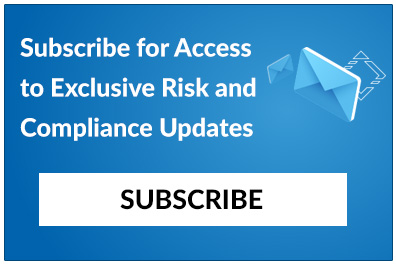Home/ Blog / How can you Avoid Regulatory Fines with a Dynamic DMS?
For failing to report approximately 3.5M transactions, plus an additional 121, 387 transactions from 2007-2014, a high-level investment management group was fined by the Financial Conduct Authority upwards of $20M in 2015.
The group received a private warning from the Authority in November 2002 in respect of transaction reporting. Further, the Authority issued Investment group with a Final Notice and fine of $210,000 in August 2006 for transaction reporting failures. The watchdog has, to date, fined 11 other firms for transaction reporting breaches.
The breaches are considered to be serious because they revealed weaknesses in Investment Groups procedures, management systems and internal controls relating to transaction reporting. The Authority considers that the investment Group has breached SUP 17.1.4R and SUP 17.4.1 EU which respectively state:
“A firm which executes a transaction: (1) in any financial instrument admitted to trading on a regulated market or a prescribed market (whether or not the transaction was carried out on such a market); or (2) in any OTC derivative the value of which is derived from, or which is otherwise dependent upon, an equity or debt-related financial instrument which is admitted to trading on a regulated market or on a prescribed market; must report the details of the transaction to the Authority”.
Predict360 could have assisted this group by providing a solution that allows its users to upload data & analyze changes to clients’ derivatives positions on a daily basis, and produce a delta file of all of the transactions that must be reported. Once the data has been validated, our reporting functionality transforms it into any format required by the trade repository. Users are given the ability to review the data and conduct variance analysis before they sign off on their report and it is submitted to the trade repository.
A dashboard allows users to monitor the entire reporting process. They can also drill down from their reported values to their master data and do comparisons between the trades they have reported and those that are in their books and records. This gives users additional confidence that they have fulfilled all of their reporting obligations.
Automation Through a Regulatory Compliance Software was Critical!
This ‘one platform’ approach ensures consistency across reports submitted for different regulations. It also reduces cost and complexity because clients do not need to maintain separate systems to comply with different regulations.
Remain up-to-date on industry news / updates through our Twitter & Linkedin profiles.
*All images are property of their respective owners.
Request a Demo
Complete the form below and our business team will be in touch to schedule a product demo.
By clicking ‘SUBMIT’ you agree to our Privacy Policy.



